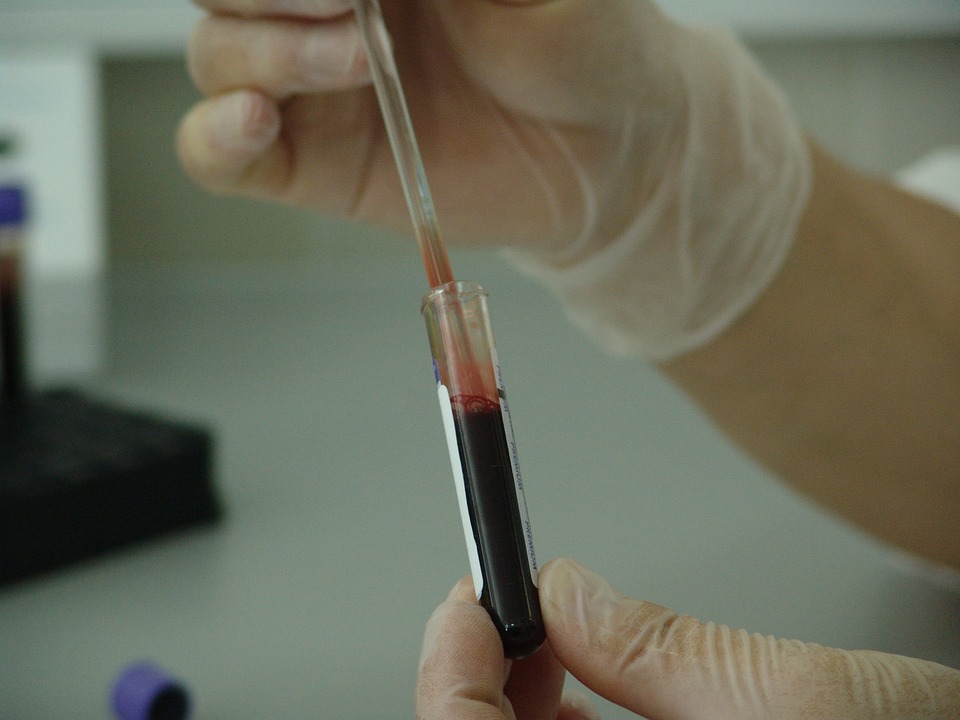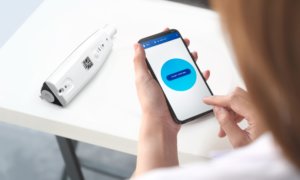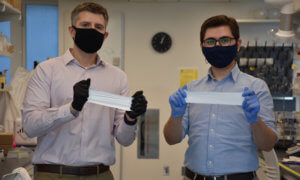There is one thing researchers and medics agree on when it comes to cancer: the earlier it’s detected, the more efficient the treatments are in eradicating it. That’s why we couldn’t be happier to find out about CancerSEEK, a new screening tool.
Most cancers are caught when the tumors have become incurable and most of the treatments administrated during those later phases of the illness don’t make much of a difference to the patient. In addition to that, they are very costly, with some costing as much as $10,000 a month.
Unfortunately, cancer is not always detected in its incipient phases – most of the times nothing, save for a maybe very, very thorough body scan can pinpoint that a tumor is growing somewhere.
But a team of cancer researchers might have come up with an idea on how to detect cancers painlessly, and much earlier than before.
The researchers formed a company called Thrive Earlier Detection, which is responsible for creating a screening tool called CancerSEEK, also known as a ‘liquid biopsy’. The tool detects genetic mutations in tumor DNA as well as the protein markers in blood plasma that are a clear sign cancer is present in the body.
Unlike most cancer-detecting methods, the CancerSEEK can find it even when it’s present in trace amounts.
CancerSEEK is already undergoing tests, though the tool is far from being finished and there’s still a number of improvements to be made. So far, it worked very well for ovarian and liver cancer detection, at a 98% success rate. However, it was not as successful with breast cancer, detecting only 33% of it, while false positives represented less than 1%.
The researchers are getting there, but there’s still work to be done.
For now, they are trying to get CancerSEEK a place in more studies, so they partnered up with healthcare provider Geisinger for a project called DETECT – a study of over 10,000 healthy individuals.
If all goes well, the hope is CancerSEEK will eventually be used as a routine blood-based test that will be capable of identifying multiple cancer types at earlier stages.
Follow TechTheLead on Google News to get the news first.























